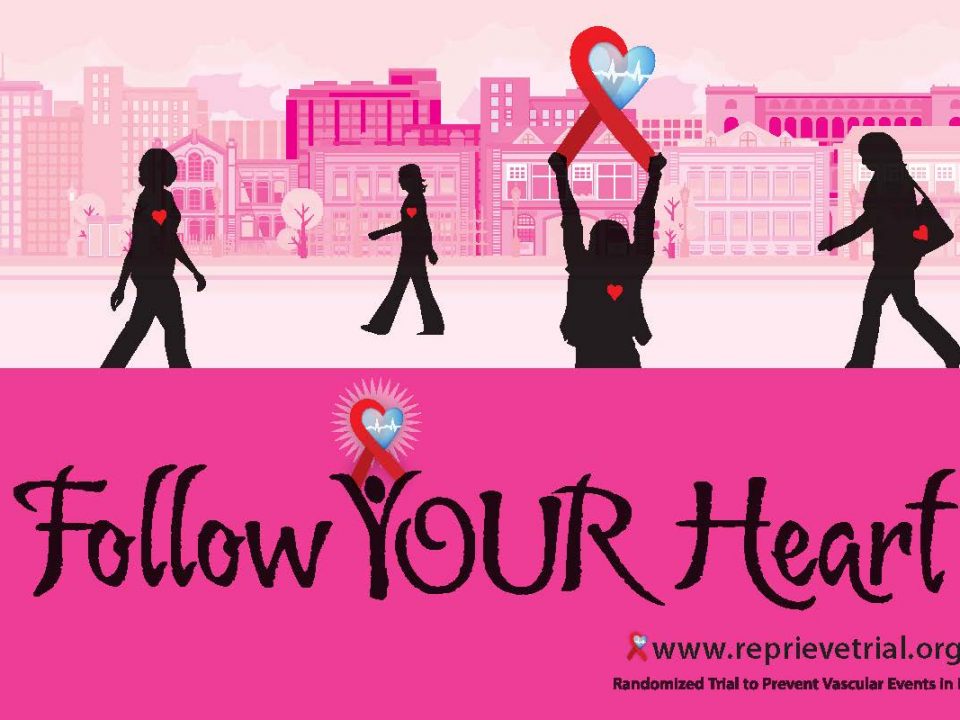New research suggests women with HIV are under-represented in clinical research trials
Dr. Mirjam J. Curno and colleagues recently published a study in the Journal of Acquired Immune Deficiency Syndromesexamining the representation of women with HIV in clinical research trials1. The key findings from this study may surprise you:
- The percentage of women in clinical research trials by trial type was: 19%, in antiretroviral therapy trials and 11.1% in trials of HIV CURE.
For context, ~50% of individuals living with HIV worldwide are women.
Sex-based differences influence HIV infection, HIV care, and the development of HIV-associated complications, like heart disease.
Both biological and social factors contribute to how individuals experience a disease. Women and men may differ, for example, with respect to how they acquire HIV infection or how their immune system responds to HIV infection and to antiretroviral therapy2. Differences have also been seen in the rates at which women and men uptake treatments to prevent other medical problems associated with HIV, such as heart disease3.
Strong representation of women with HIV in clinical research studies is needed.
Results of clinical research studies can only be generalized widely if women and men of all races and ethnicities participate. Strong representation of women in HIV clinical research trials helps to ensure that evidence-based strategies are applied to improve the care of women as well as men.
One barrier to women’s participation in HIV clinical research is the lack of widely available information about how a particular study may impact women’s health.
Before deciding to participate in a research trial, women want to know:
- What is the purpose of this research trial?
- How will the findings of this research trial affect the health and well being of women living with HIV?
As REPRIEVE trial researchers, we developed the Follow Your Heart Campaign with the goal of empowering women with HIV through education.
Through the campaign, we present facts about HIV-associated heart disease and possible prevention strategies. For example:
- Women with HIV have a three-fold risk of having a heart attack compared to women without the virus.
- The REPRIEVE trial will test how female-specific hormones influence heart disease risk and the effects of heart disease prevention strategies.
But the “heart” of the Follow Your Heart Campaign comes from women with HIV sharing why heart health and research participation matters to them. If you check out our Follow Your Heart Video (link), you’ll hear the following personal testimonials from women living with HIV:
- “It’s a way to empower yourself by volunteering for research and just and it’s also a way to just get out of yourself because it’s not really about you, it’s about helping somebody else.”
- “Living with HIV is just what I have, it’s not who I am – I am so much more than HIV.”
It comes as no surprise that we learned a lot from listening to women living with HIV share their stories. Because education is a two-way street. #FollowYOURHeart.
References:
- Curno et al. “A Systematic Review of the Inclusion (or Exclusion) of Women in HIV Research: From Clinical Studies of Antiretrovirals and Vaccines to Cure Strategies.” JAIDS 71 (2) Feb 1 2016.
- Addo et al. “Sex-based differences in HIV type 1 pathogenesis.” Journal of Infectious Diseases S86-92 July 15 2014.
- Wilig et al. “Clinical Inertia in the Management of Low-Density Lipoprotein Abnormalities in an HIV Clinic.” Clinical Infectious Diseases 46(8) April 15 2008.


